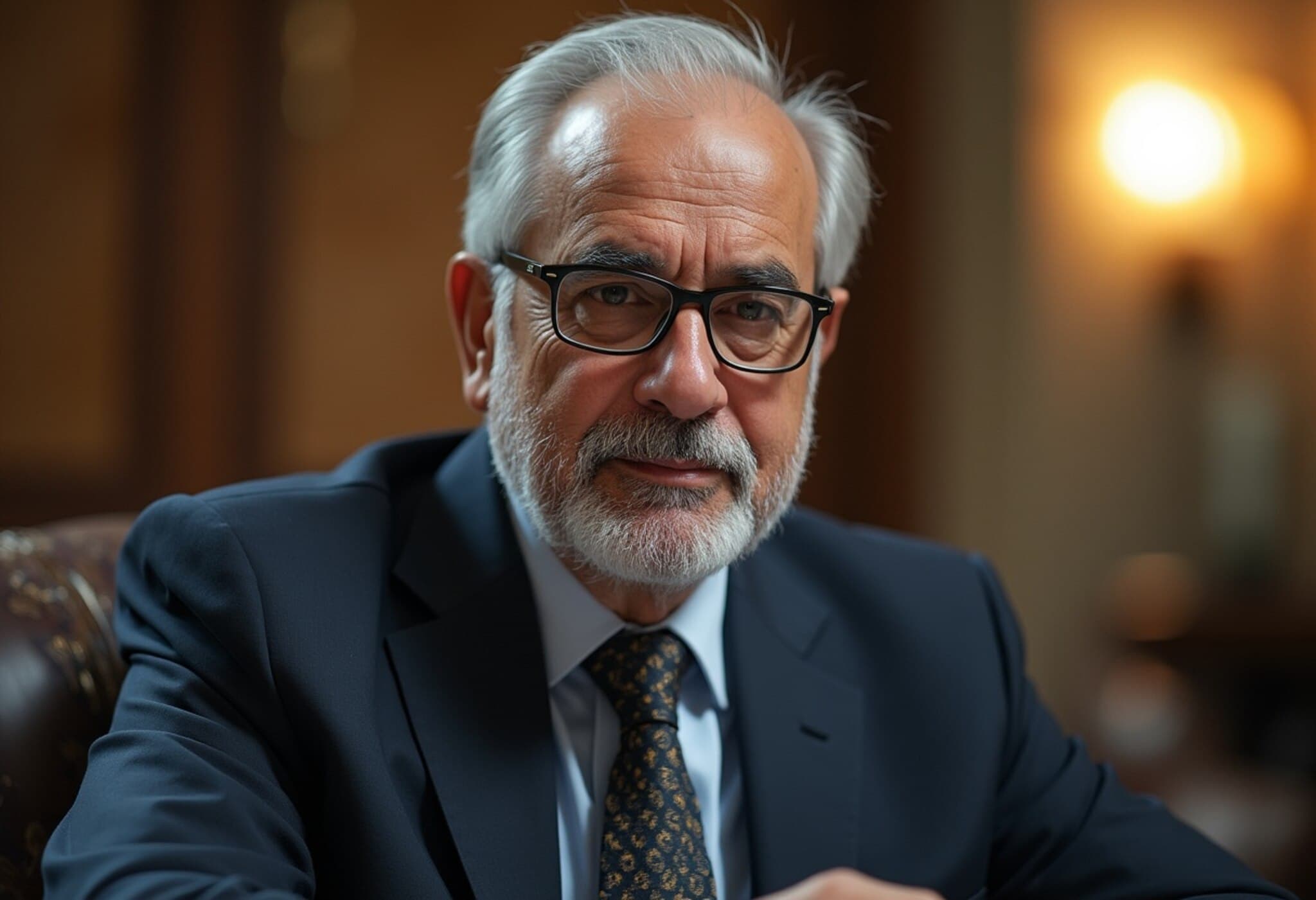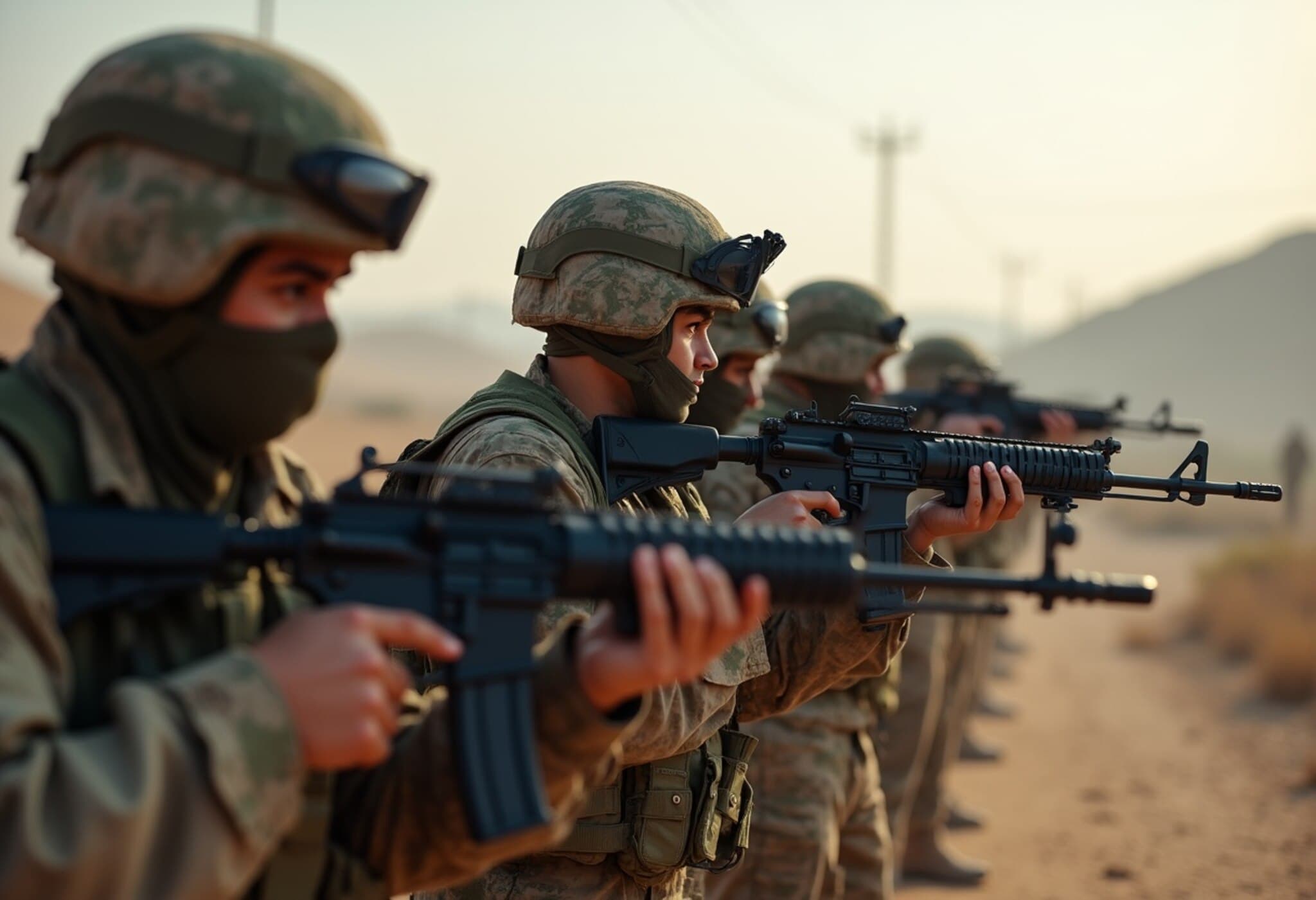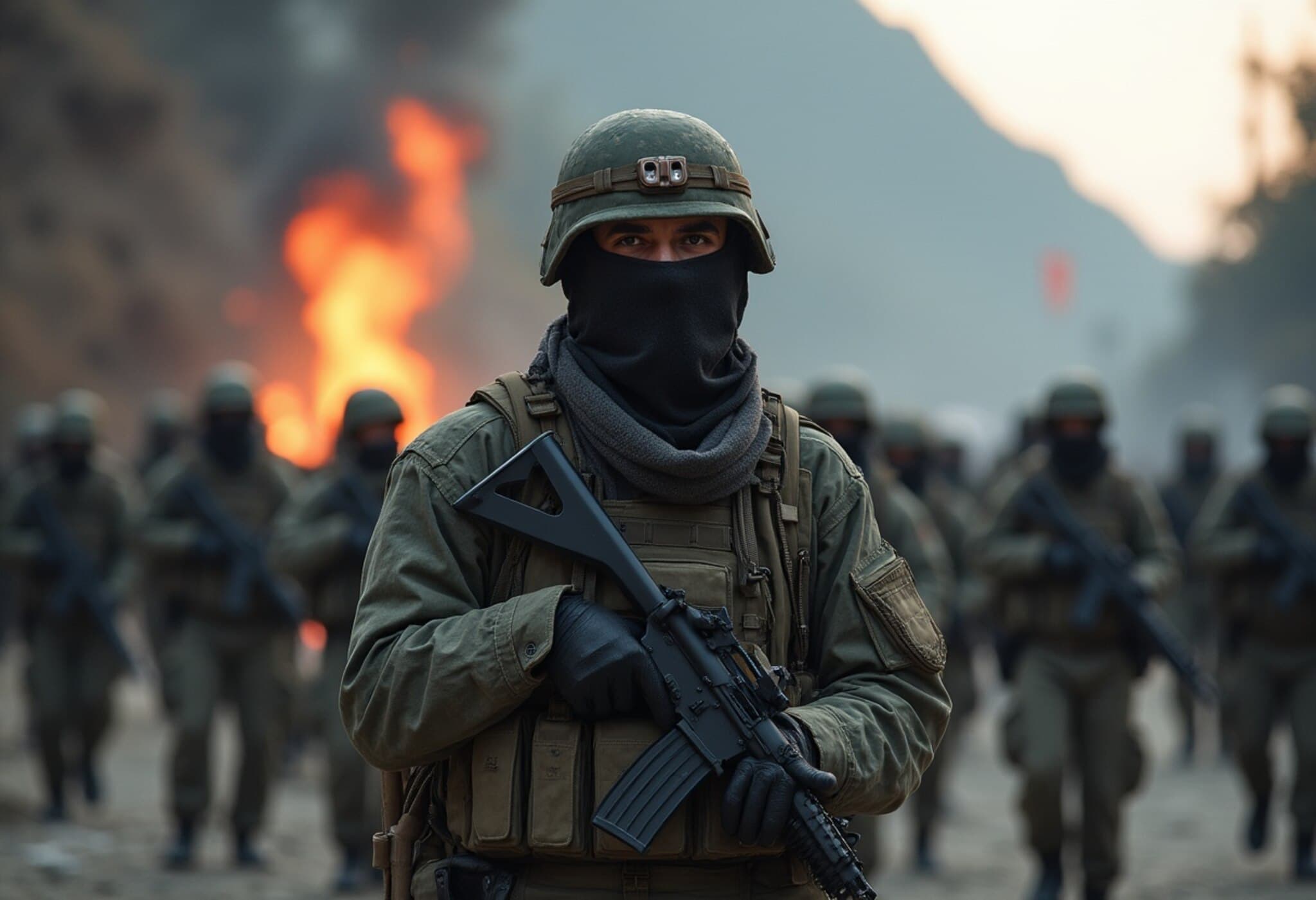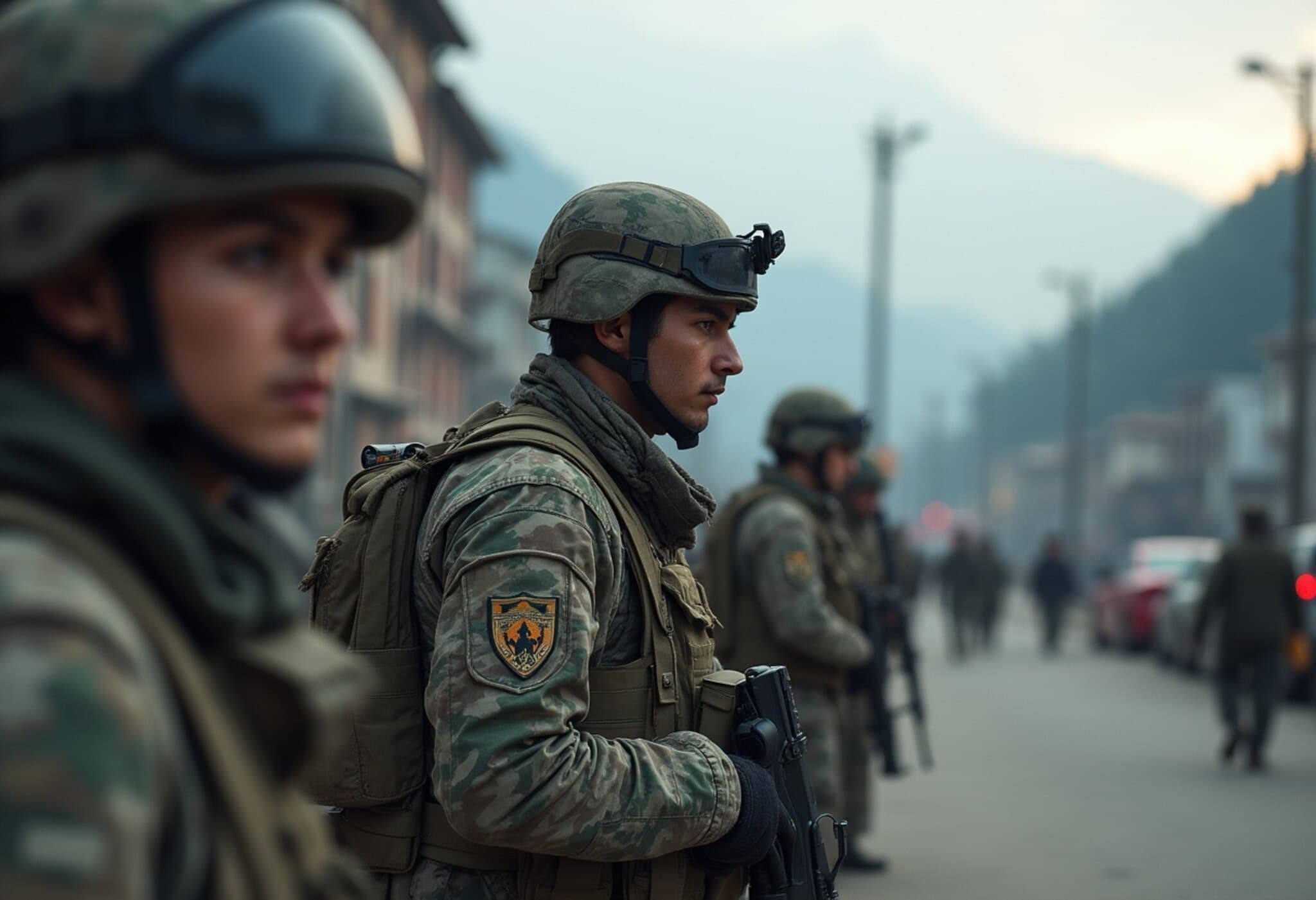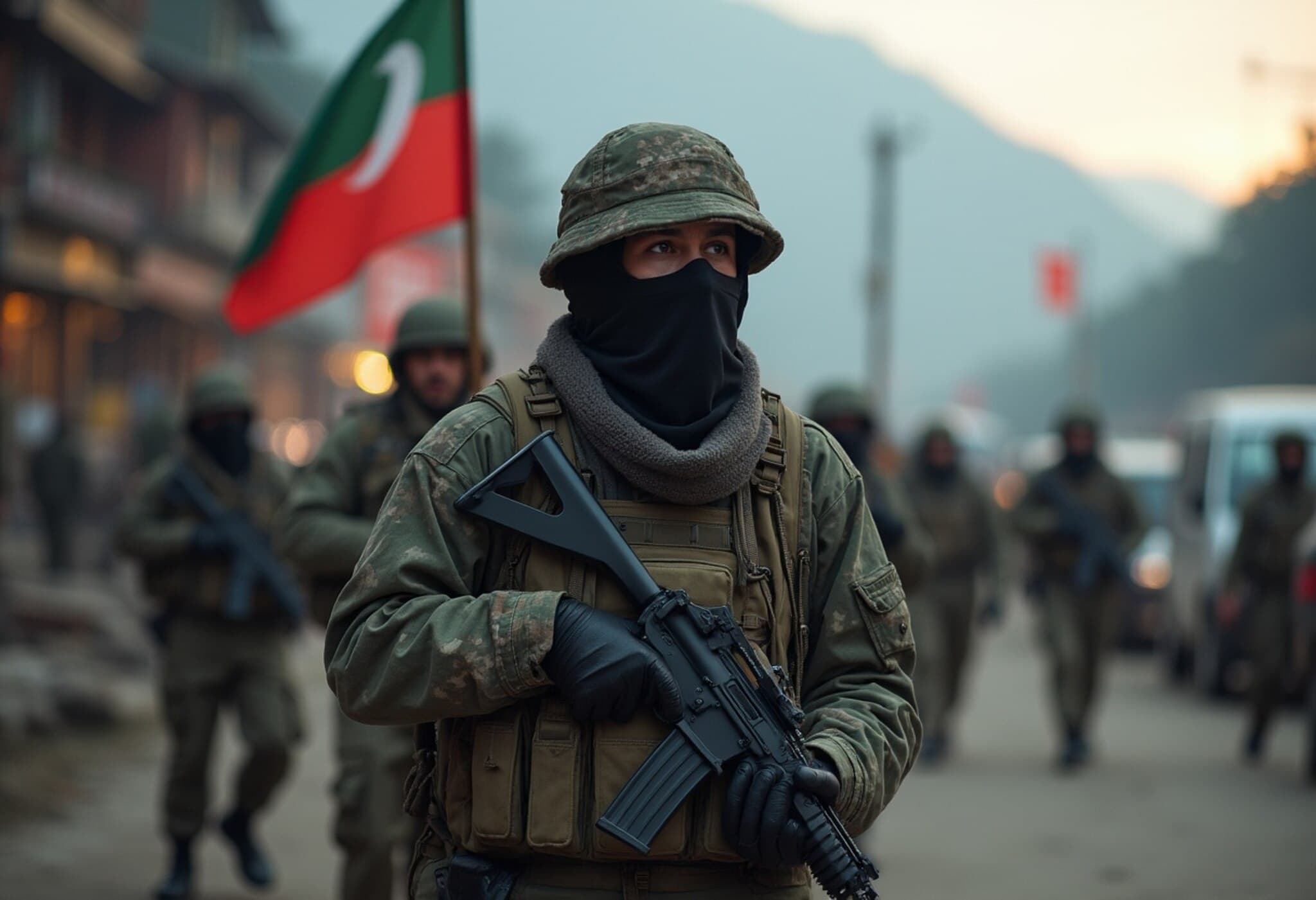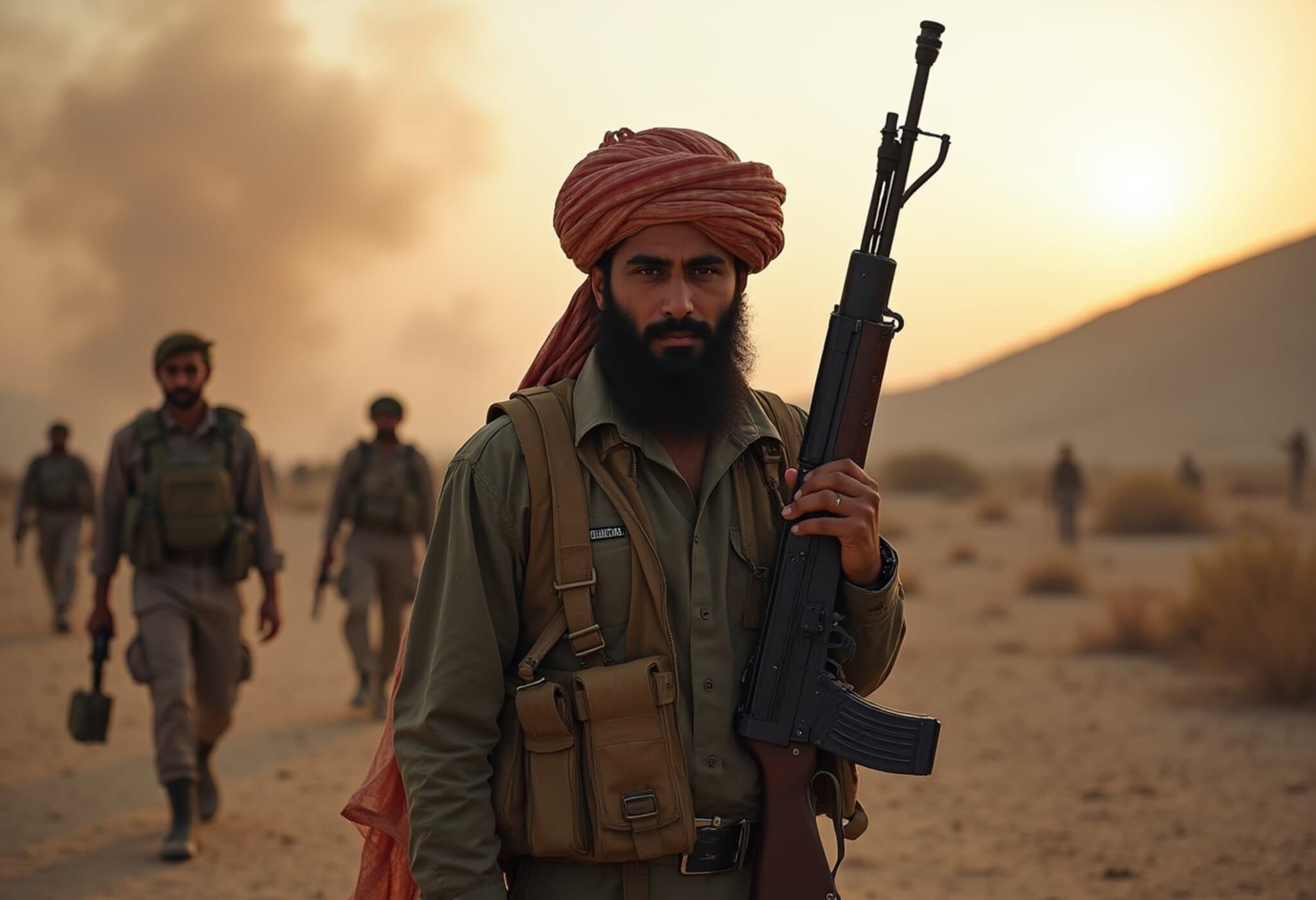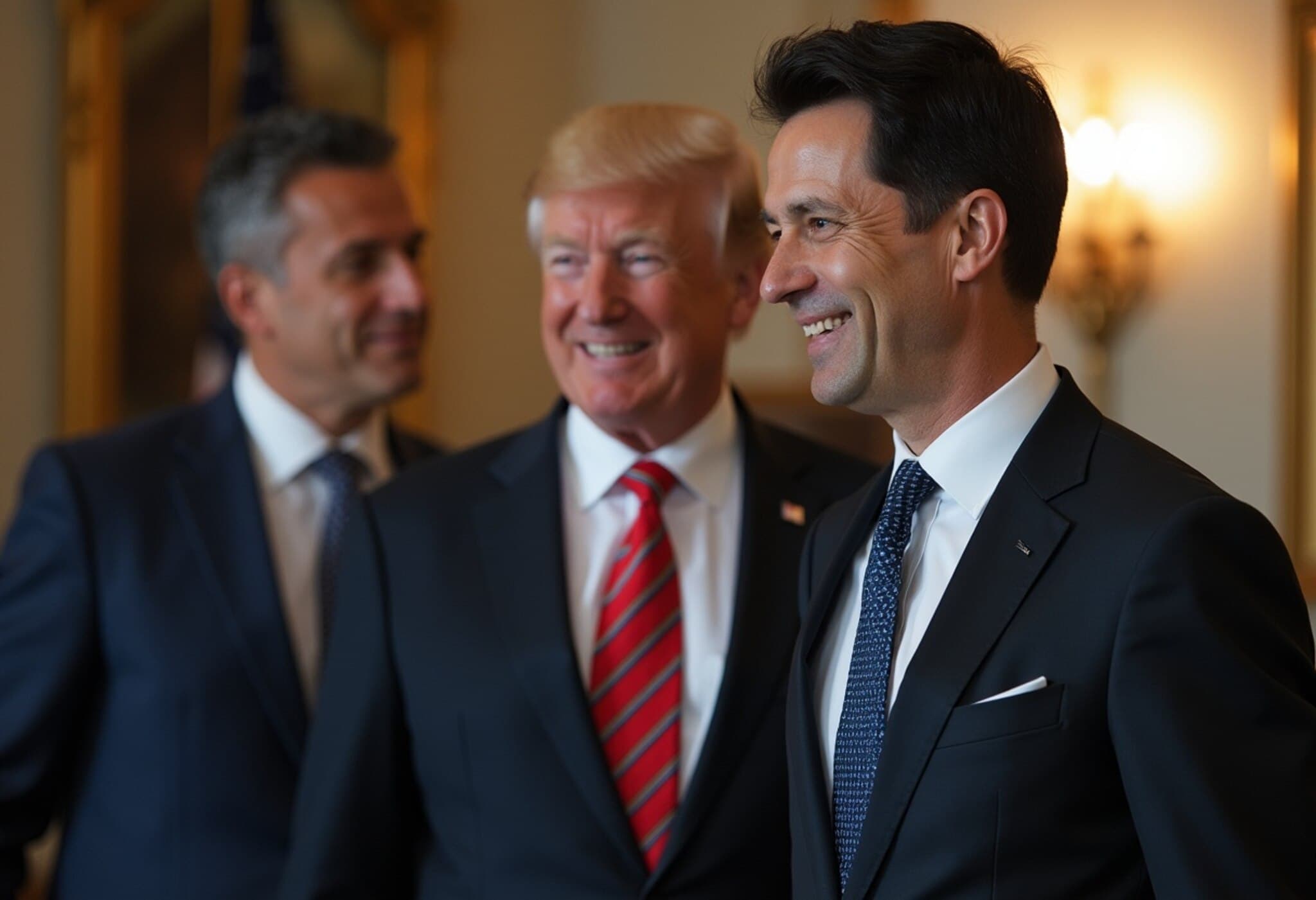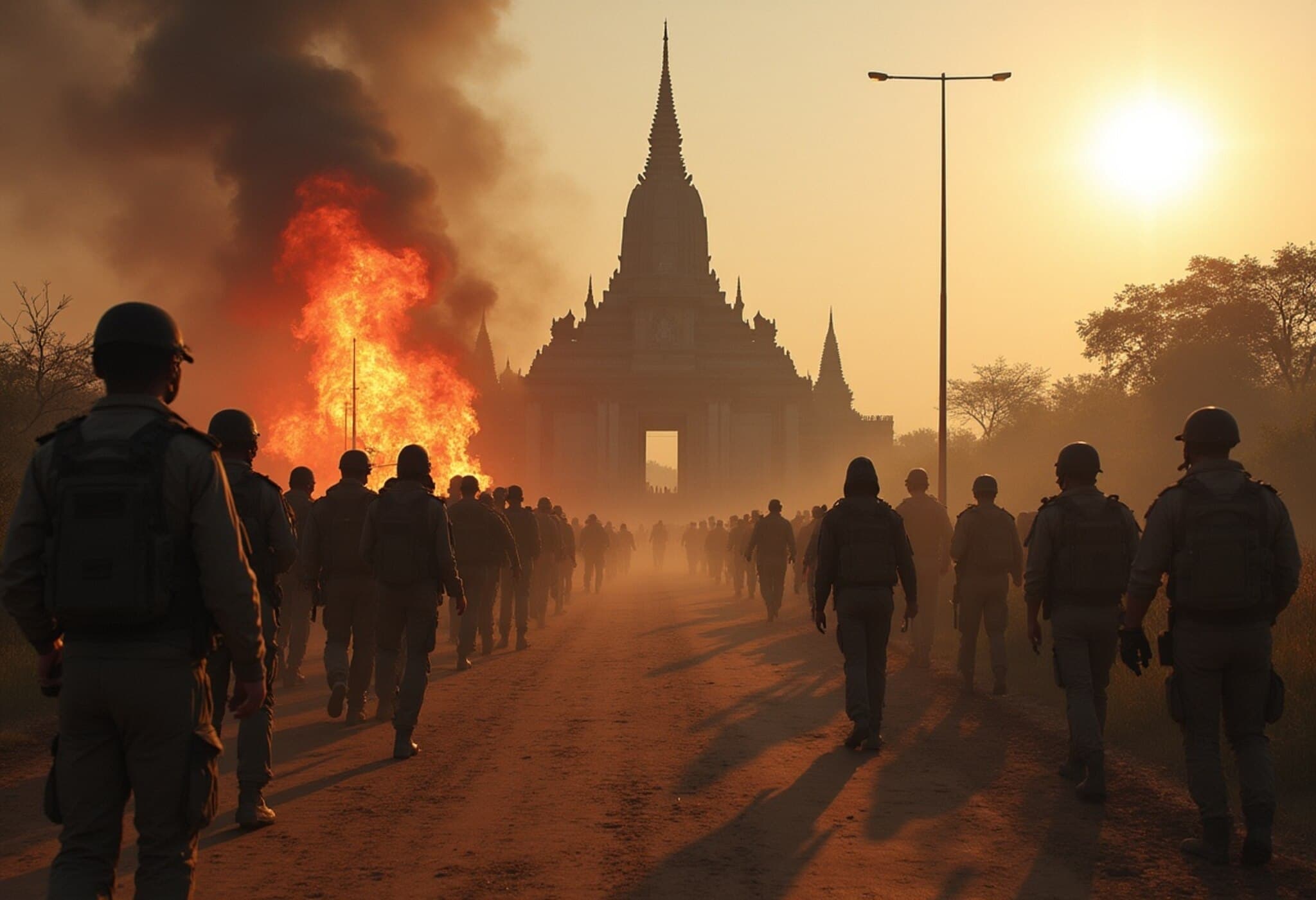Pakistan’s Foreign Minister Shifts Stance on US Terror Designation of TRF
In a notable development underscoring the complex dynamics of counterterrorism and diplomacy in South Asia, Pakistan’s Deputy Prime Minister and Finance Minister Ishaq Dar has publicly stated that Pakistan has “no objection” to the United States designating The Resistance Front (TRF) as a terrorist organization. This marks a significant reversal from his earlier assertions dismissing TRF as illegal or a threat.
From Denial to Acceptance: A Diplomatic Balancing Act
Speaking at a Washington, D.C. event, Dar acknowledged the U.S.' sovereign right to label groups as terrorist organizations, adding that Pakistan welcomes any credible evidence linking TRF to terrorist activities. However, Dar maintained a crucial caveat, cautioning against associating TRF directly with Lashkar-e-Taiba (LeT), a militant outfit Pakistan has long been accused of harboring.
“It is obviously a sovereign decision of the United States to designate the TRF. We have no issue and we welcome, if they have any evidence, that they are involved,” Dar stated. “Linking the TRF to the Lashkar-e-Taiba is wrong. That outfit was dismantled years ago by Pakistan. The actors were prosecuted, arrested and jailed, and the entire outfit was destroyed.”
This contrasts sharply with his stance earlier in July when, during Pakistan’s tenure as a non-permanent member of the United Nations Security Council (UNSC), Dar vehemently opposed the inclusion of TRF in UNSC condemnations related to the deadly 2023 Pahalgam terror attack, which claimed 26 civilian lives.
At that time, Dar remarked:
“We opposed the mention of TRF in the UNSC statement. I got calls from global capitals, but Pakistan will not accept. TRF was deleted, and Pakistan prevailed.”
He further challenged international claims, demanding proof of TRF’s involvement in terror attacks, underscoring Pakistan’s reluctance to label the group illegal without evidence.
U.S. Designation and Its Implications
Earlier in July 2025, the United States formally designated TRF as a Foreign Terrorist Organization (FTO) and a Specially Designated Global Terrorist (SDGT) entity, as part of the Trump administration’s ongoing efforts to reinforce national security and counter terrorism.
The U.S. Department of State highlighted TRF’s role in orchestrating multiple attacks against India, including the Pahalgam massacre, emphasizing the group’s connection to Lashkar-e-Taiba under the provisions of the Immigration and Nationality Act and Executive Order 13224.
- TRF was reportedly founded in 2019 as a proxy for LeT.
- The Indian government banned TRF officially in 2023.
- The group has been implicated in recruiting youth online and smuggling weapons and narcotics across the Line of Control into Jammu and Kashmir.
- TRF has claimed responsibility for various attacks targeting civilians, politicians, and security forces in contested Kashmir.
- Sheikh Sajjad Gul, the group's founder and commander, is designated a terrorist under India’s Unlawful Activities (Prevention) Act, 1967.
Contextualizing Pakistan’s Ambivalent Position
Pakistan’s fluctuating stance on TRF reflects the broader geopolitical tightrope the country walks between counterterrorism cooperation and internal political sensitivities. Dar’s initial resistance to labeling TRF as illegal or terrorist stemmed from concerns of sovereignty and the domestic implications of recognizing such groups officially. Yet, the U.S. designation and international pressure have led to a more conciliatory tone.
Experts argue that while Pakistan publicly endorses counterterrorism measures, unofficial patronage or tacit tolerance of proxy groups complicates diplomatic relations, particularly with India and the U.S.
Dr. Rabia Ahmed, a South Asia security analyst, notes: “Pakistan’s dual approach—public cooperation versus private ambiguity—poses challenges to sustainable peace and counterterrorism effectiveness in the region.”
Critical Questions Ahead
This shift invites deeper scrutiny into how Pakistan navigates accusations regarding militant proxies and terrorism. Will Pakistan now enhance genuine dismantling efforts against TRF or continue a narrative of selective enforcement? How will this impact Indo-Pak relations, especially amid ongoing tensions in Kashmir?
Moreover, the episode highlights the importance of transparent, evidence-based international frameworks to address terrorism without politicizing or undermining sovereignty.
Editor’s Note
The evolving statements from Pakistan’s Ishaq Dar encapsulate the complex interplay of diplomacy, counterterrorism, and politics. While the acknowledgment of the U.S. terrorist designation on TRF signals a potential shift toward accountability, the persistent reluctance to fully accept links between TRF and Lashkar-e-Taiba reveals enduring ambiguities. As the international community pushes for concrete action against terror networks exploiting regional conflicts, Pakistan’s next moves will be critical—not only for South Asian stability but also for global counterterror efforts. Readers are encouraged to consider the broader implications of such diplomatic ambiguities on peace prospects and security policy effectiveness.

